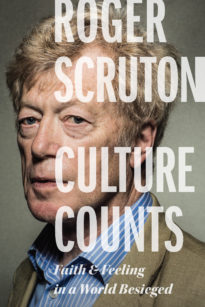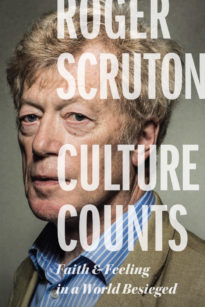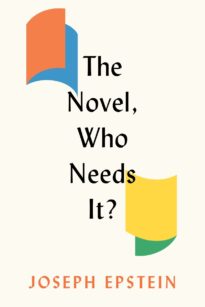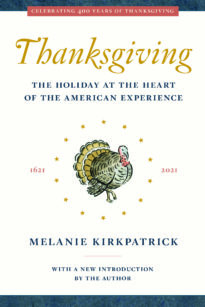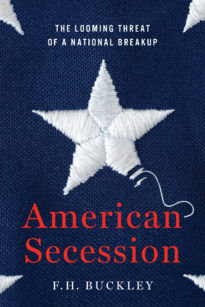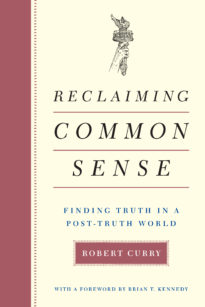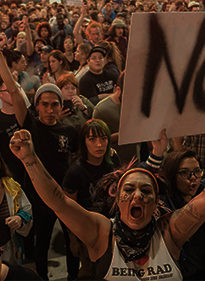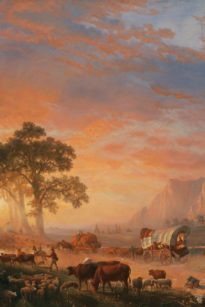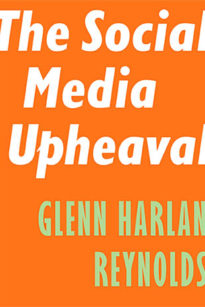Free shipping on all orders over $40
- 24 Results
- Search Again
Culture Counts Faith and Feeling in a World Besieged
What is culture? Why should we preserve it, and how? In this book, renowned philosopher Roger Scruton defends Western culture against its internal critics and external enemies, and argues that rumors of its death are seriously exaggerated.
Culture Counts Faith and Feeling in a World Besieged
What is culture? Why should we preserve it, and how? In this book renowned philosopher Roger Scruton defends Western culture against its internal critics and external enemies, and argues that rumours of its death are seriously exaggerated.

Ivy League Miseducation AN EXCERPT FROM 'SLACKING'
An Excerpt from Slacking
The Novel, Who Needs It?
In this brief but highly engaging book, Joseph Epstein argues for the primacy of fiction, and specifically of the novel, among all intellectual endeavors that seek to describe the behavior of human beings.
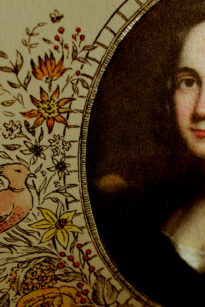
Thanksgiving Can Unite Our Country An Excerpt from 'Lady Editor'
An Excerpt from ‘Lady Editor’
Thanksgiving The Holiday at the Heart of the American Experience
We all know the story of Thanksgiving. Or do we? This uniquely American holiday has a rich and little-known history beyond the famous Pilgrim feast of 1621.
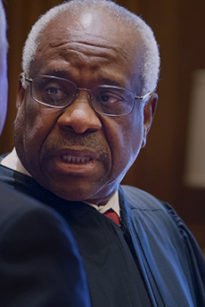
Myron Magnet on the Legacy of Clarence Thomas CLOSE ENCOUNTERS: EPISODE VI
Close Encounters: Episode VI
American Secession The Looming Threat of a National Breakup
Americans have never been more divided, and we’re ripe for a breakup. The bitter partisan animosities, the legislative gridlock, the growing acceptance of violence in the name of political virtue—it all invites us to think that we’d be happier were we two different countries. In all the ways that matter, save for the naked force of law, we are already two nations.
Reclaiming Common Sense Finding Truth in a Post-Truth World
Common sense is the foundation of thinking and of human action. It is the indispensable basis for making our way in the world as individuals and in community with others, and the starting point for finding truth and building scientific knowledge. The philosophy of common-sense realism deeply informed the American Founders’ vision for a self-governing people, in a society where leaders and average citizens share essentially the same understanding of reality—of what simply makes sense.
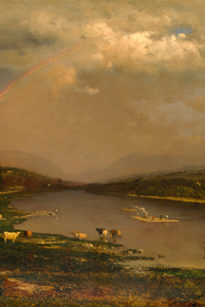
American Conservatism of Experience Ted V. McAllister in 'RealClearPolicy'
Ted V. McAllister in ‘RealClearPolicy’
The Social Media Upheaval
Social media giants are poisoning our journalism, our politics, our relationships and ultimately our minds. Glenn Reynolds looks at the up and downsides of social media and at proposals for regulation, and offers his own fix that respects free speech while reducing social media’s toll.
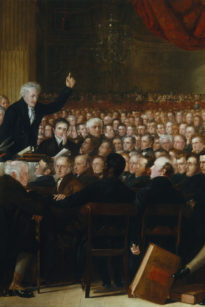
On the British Slave Trade, Abolitionism, and Amnesia An excerpt from 'Imperial Legacies'
An excerpt from ‘Imperial Legacies’
